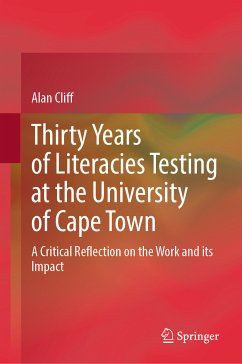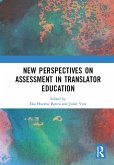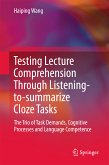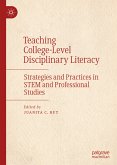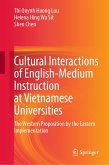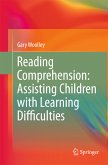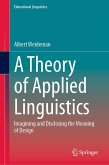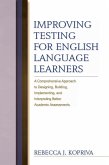Emphasising the practical implications of this research, the book underscores the pivotal role that assessing academic literacies can play in the equitable selection of students, particularly those hailing from educationally disadvantaged backgrounds. Additionally, it highlights how such assessments can inform higher education responsiveness, curriculum development, programme implementation, and the provision of support services for students, ultimately aiding in informed student placement decisions.
Dieser Download kann aus rechtlichen Gründen nur mit Rechnungsadresse in A, B, BG, CY, CZ, D, DK, EW, E, FIN, F, GR, HR, H, IRL, I, LT, L, LR, M, NL, PL, P, R, S, SLO, SK ausgeliefert werden.
Cliff offers a detailed overview of why the project chose to frame its work theoretically using the idea of academic literacies , an approach that was prominent in higher education studies in the late 1990s and early 2000s. A huge body of research has been conducted on results from these tests over the 30 years of the project (with the bulk of activity in the 2010s exploiting data from universities across the country) and here Cliff offers a comprehensive summary. (Jennifer M. Case, Higher Education, September 16, 2024)

